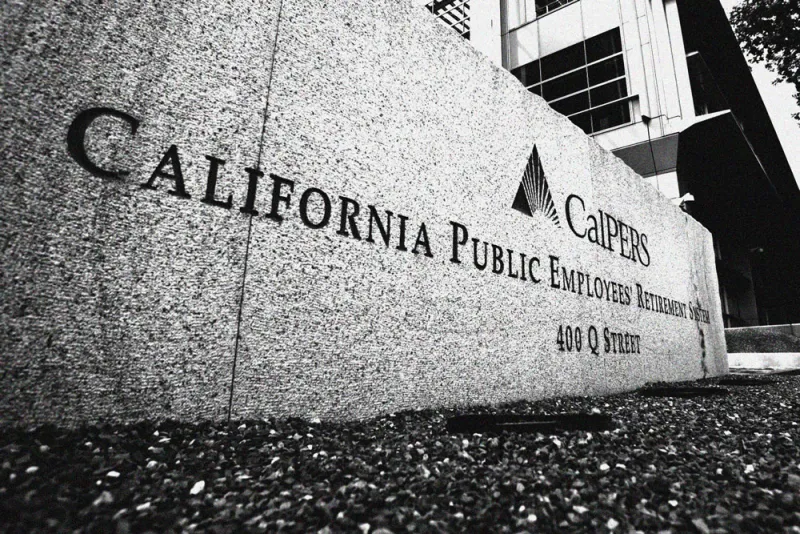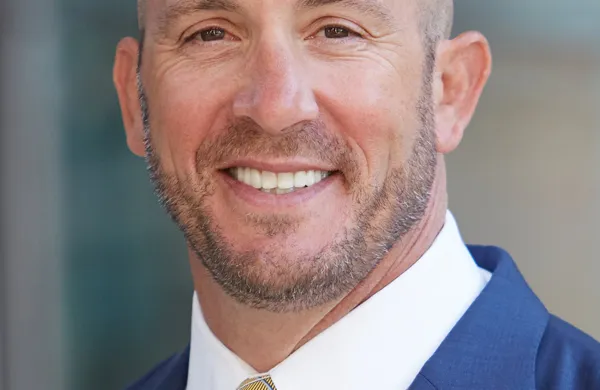After just over a year and a half at the California Public Employees' Retirement System, chief investment officer Ben Meng is resigning.
CalPERS announced late Wednesday evening that Meng, who has been at the retirement system since January 2019, was stepping down immediately.
Dan Bienvenue, the $409 billion retirement system’s deputy chief investment officer, will serve as the interim CIO while CalPERS searches for a permanent successor. Bienvenue previously stepped in when CalPERS’ chief operating investment officer resigned in January 2019.
“I’m proud of the work we did to change the portfolio, build a skilled Investment Office, and set CalPERS on a strong path to achieve our return target,” Meng said in a statement published alongside the announcement. “But at this time, it’s important for me to focus on my health and on my family and move on to the next chapter in my life.”
Meng helped CalPERs achieve a 4.7 percent return for fiscal year 2019-2020, which beat its benchmark of 4.3 percent, according to the announcement.
Meng succeeded Ted Eliopoulos, who had been CIO for CalPERS from 2014. Eliopoulos left the fund to be closer to his family; he was eventually hired by Morgan Stanley as vice chairman and head of strategic partnerships, Institutional Investor previously reported.
Meng’s short tenure at CalPERS has been marked by controversy of late, with the CIO facing both external and internal pressures.
Meng was the target of board scrutiny and criticism from tail-hedge experts after it was publicly revealed that the investment office ended its tail-risk hedging program in January, just before the stock market crash — missing out on an estimated $1 billion.
After that news broke, CalPERS board member Margaret Brown shared on social media that she had asked Meng in March about the tail-hedging program, and said that he did not disclose that the retirement system unwound the strategy in January.
Nassim Taleb — an adviser to Universa, which oversaw one of CalPERS’s tail-hedge investments — joined the critics, calling the decision “flawed,” II previously reported.
This resulted in what one board member called a “PR nightmare” for CalPERS, but Meng stood by that decision. At an April investment meeting, Meng noted that the cost to run the program was high and that CalPERS had found a better way to manage risk.
[II Deep Dive: CalPERS CIO Called Out By Ex-Head of Tail-Risk Program]
While at CalPERS, Meng undertook a major restructuring and expansion of its private equity program, creating investment vehicles to target long-term private equity investments and late-stage venture capital investments.
Under Meng’s oversight, CalPERS dropped listed prison companies CoreCivic and Geo Group from its portfolio in September 2019. More broadly, CalPERS let go of more than 14 external active managers during 2019, moving its global equities management almost fully in-house.
Early in 2020, before the coronavirus pandemic made its way to the U.S., Meng was the target of attacks from an Illinois Congressman, Republican Jim Banks, who said he had “a lot of questions” about Meng’s background and how it related to CalPERS’s investment decisions. Meng is a U.S. citizen who was born in China, according to CalPERS. At the time CalPERS chief executive Marcie Frost called the Congressman’s statements “a reprehensible attack on a U.S. citizen.”
The Epoch Times, a newspaper tied to religious group Falun Gong, which is opposed to the Chinese government, levied similar critiques against Meng earlier that year.







